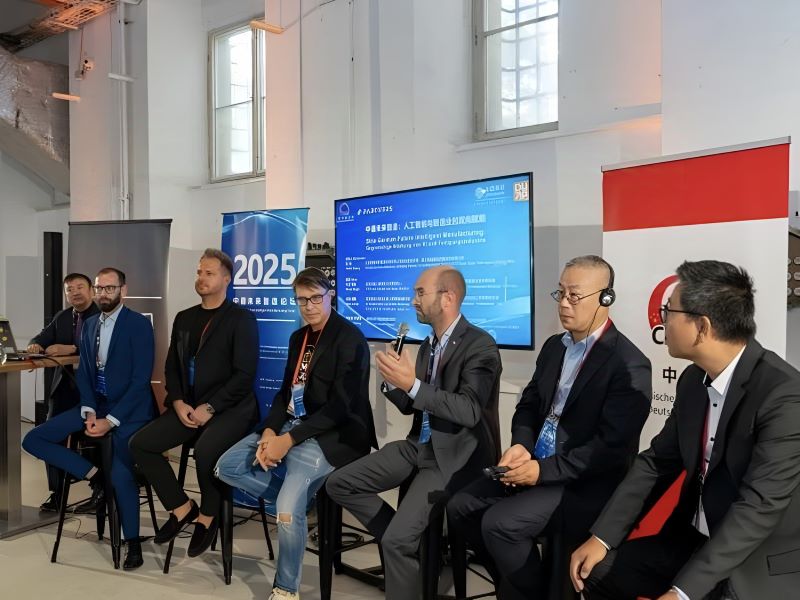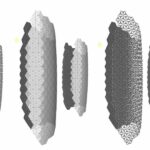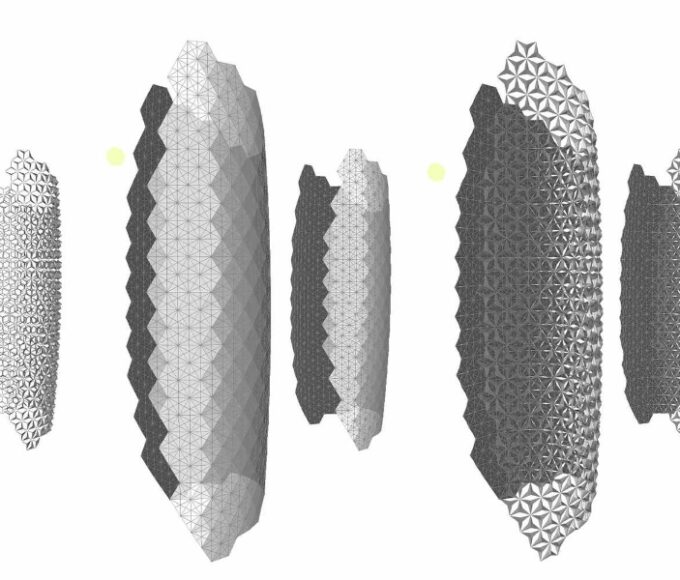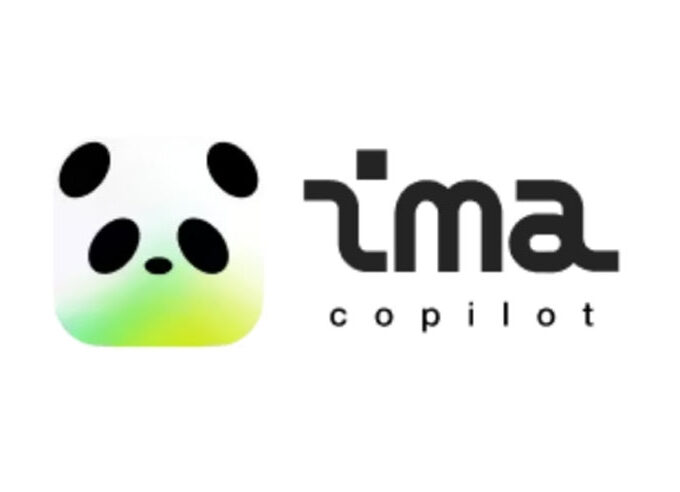Against the backdrop of accelerating global digital transformation and evolving industrial landscapes, the “2025 Sino-German Future Intelligent Manufacturing Forum” officially opened at 10 a.m. local time on September 11 in Berlin, Germany. Nearly 100 high-profile guests from political and business circles of China and Germany converged, engaging in in-depth discussions centered on three core pillars: artificial intelligence (AI), robotics, and the future of advanced manufacturing. The event, hailed as a pivotal platform for bilateral industrial cooperation, underscored the shared ambition of the two nations to leverage cutting-edge technologies for sustainable industrial upgrading.
A Collaborative Initiative Anchored in Industry Alliances
The forum is jointly hosted by the German-Chinese Chamber of Commerce and Beijing Partners, with China Mobile International Limited (CMI) and DUP Media serving as co-organizers. It stands as a key sub-event of the “2025 German Entrepreneurs’ AI Summit,” which kicked off in Berlin on September 10 and has drawn nearly 10,000 attendees from across the globe. Designed to foster practical cooperation, the summit features diverse interactive formats—from case-sharing workshops to hands-on technology demonstrations—aimed at enhancing enterprises’ and individuals’ capabilities in AI application, and accelerating cross-industry collaboration and digital transformation.
Brigitte Zypries, former German Federal Minister of Economics and former Minister of Justice, opened the forum with a keynote address that emphasized the imperative of sustained dialogue amid global uncertainties. “In an era marked by complex geopolitical and economic shifts, shutting doors to communication is never a viable option,” Zypries stated. “For two industrial powerhouses like China and Germany, maintaining open channels of exchange is not just beneficial, but essential to navigating the challenges and seizing the opportunities brought by technological revolution.”
Niu Liang, Vice President of the German-Chinese Chamber of Commerce and General Manager of CMI Europe, echoed this sentiment, focusing on the transformative potential of AI in industrial efficiency. “Artificial intelligence is no longer a distant concept—it is already reshaping production lines, optimizing supply chains, and redefining operational models for businesses of all sizes,” Niu noted. He addressed lingering concerns about AI’s impact on employment, calling for a “proactive and forward-looking perspective.” “Rather than viewing AI as a threat to jobs, we should recognize its role in creating new, high-value roles—from AI trainers to robotic process engineers. The key lies in upskilling the workforce and fostering collaboration between humans and machines.”
Niu further highlighted the untapped cooperation potential between China and Germany in smart manufacturing and artificial intelligence. “Germany brings world-class precision engineering, mature industrial standards, and deep expertise in automation. China, on the other hand, boasts a vast digital market, rapid technological iteration, and scale advantages in AI application,” he explained. “The German-Chinese Chamber of Commerce is committed to acting as a bridge, facilitating knowledge sharing, project cooperation, and talent exchanges to drive the digital transformation and industrial integration of both countries.”
Wang Xing, Secretary-General of the German-Chinese Chamber of Commerce, offered a human-centric perspective on smart manufacturing. “Beyond the hardware of technology and the flow of data, the core of intelligent manufacturing lies in people—how technology serves to improve work environments, enhance human creativity, and deliver value to society,” Wang emphasized. He called on Sino-German enterprises to prioritize three principles in their collaboration: sustainability, interconnectivity, and high-efficiency production. “Only by aligning technological innovation with environmental goals, breaking down Information silos, and optimizing production efficiency can we build a future manufacturing ecosystem that is both powerful and responsible.”

Case Sharing and Roundtable: Mapping Out Practical Cooperation Paths
The forum’s keynote speech segment featured frontline industry leaders who shared real-world success stories of AI empowering industrial development. A representative from a leading German automotive supplier showcased how AI-driven predictive maintenance had reduced equipment downtime by 35% and cut maintenance costs by 20% in its production facilities. Meanwhile, a Chinese robotics firm presented its collaborative robot solutions, which have been adopted by over 50 German small and medium-sized enterprises (SMEs) to streamline assembly processes and improve product quality.
The subsequent roundtable discussion, moderated by a senior industry analyst from DUP Media, brought together executives from cross-border enterprises, technology experts, and policy advisors. Participants reached a broad consensus on the strategic value of Sino-German cooperation in smart manufacturing, with a focus on three key areas for deepened collaboration:
- Technological Innovation: Strengthening joint research and development (R&D) in core technologies such as industrial AI algorithms, human-robot interaction, and digital twins. Participants proposed establishing Sino-German joint labs to tackle industry-specific pain points, such as optimizing energy consumption in heavy industry and improving flexibility in customized production.
- Data Security: Addressing the challenges of cross-border data flow—a critical bottleneck for international industrial cooperation. Experts called for the development of mutually recognized data security standards that balance data protection with industrial needs, drawing on the experience of both countries in data governance.
- Industrial Standards: Collaborating to shape global standards for smart manufacturing. “Currently, the global smart manufacturing landscape is fragmented with inconsistent standards, which increases costs for cross-border enterprises,” noted a representative from Germany’s Federal Association for Information Technology, Telecommunications and New Media (BITKOM). “China and Germany, as leaders in manufacturing, have the responsibility to work together to develop unified, inclusive standards that promote global industrial synergy.”
- Throughout the discussion, one theme emerged repeatedly: openness and cooperation are the cornerstones of advancing smart manufacturing and AI. “No single country or enterprise can monopolize technological progress,” said a Chinese AI entrepreneur. “The future of manufacturing is interconnected, and only through win-win cooperation can we unlock the full potential of AI and robotics to build a more efficient, sustainable, and inclusive industrial future.”
As the forum concluded, attendees expressed optimism about the prospects of Sino-German industrial collaboration. With the 2025 German Entrepreneurs’ AI Summit continuing to attract global attention, the event has laid a solid foundation for translating dialogue into action—paving the way for concrete projects that will shape the next phase of the global manufacturing revolution.












